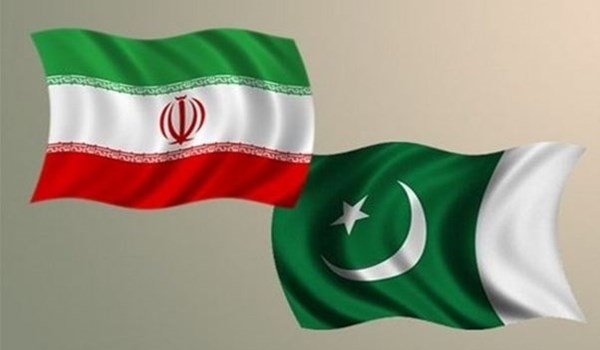
Official: Iran Can Find Ways to Sell Oil in Defiance of US Sanctions


In an interview with Tasnim, secretary of the Iranian Union of Oil Product Exporters, Hamid Hosseini, said the US sanction waivers for Iranian oil importers will be likely extended.
“Given the current situation in Venezuela and the relatively increasing trend of oil prices in the world, it is unlikely that the US will not extend waivers for the eight countries purchasing Iranian oil,” he said, adding that even if the sanction waivers are not extended, China and India do not seem to abide by the US sanctions against Iran.
Raising the possibility that the US sanction waivers for at least four of the eight Iranian oil customers may be extended, Hosseini said even if the waivers do not remain in place, Iran will still be able to export oil by using methods that are different from the sale systems under normal circumstances.
He further pointed to the methods that Venezuela has adopted to sell its crude in the free market under the foreign sanctions, saying Iran, too, should find ways to keep exporting crude and oil products even if the sanction waivers are terminated.
In an interview with Tasnim in February, Secretary of Iran's Supreme National Security Council Ali Shamkhani said the country has devised initiatives to foil the US sanctions on its oil exports and has multiple ways to sell its crude.
In comments in January, Iranian President Hassan Rouhani said there are several approaches available for Iran to sell its oil despite the US sanctions.
“We proudly get around the US sanctions,” the president said.
The US government imposed a new round of sanctions on Iran in November 2018.
In May last year, the US president pulled his country out of the Joint Comprehensive Plan of Action (JCPOA), the nuclear deal that was achieved in Vienna in 2015 after years of negotiations among Iran and the Group 5+1 (Russia, China, the US, Britain, France and Germany).
The US had announced plans to drive Iran’s oil exports down to zero, but backed off from its policy and granted waivers to at least 8 countries that import Iranian oil.


Trump weighs using $2 billion in CHIPS Act funding for critical minerals

Codelco cuts 2025 copper forecast after El Teniente mine collapse

Electra converts debt, launches $30M raise to jumpstart stalled cobalt refinery

Barrick’s Reko Diq in line for $410M ADB backing

Abcourt readies Sleeping Giant mill to pour first gold since 2014

Nevada army depot to serve as base for first US strategic minerals stockpile

SQM boosts lithium supply plans as prices flick higher

Viridis unveils 200Mt initial reserve for Brazil rare earth project

Tailings could meet much of US critical mineral demand – study

Kyrgyzstan kicks off underground gold mining at Kumtor

Kyrgyzstan kicks off underground gold mining at Kumtor

KoBold Metals granted lithium exploration rights in Congo

Freeport Indonesia to wrap up Gresik plant repairs by early September

Energy Fuels soars on Vulcan Elements partnership

Northern Dynasty sticks to proposal in battle to lift Pebble mine veto

Giustra-backed mining firm teams up with informal miners in Colombia

Critical Metals signs agreement to supply rare earth to US government-funded facility

China extends rare earth controls to imported material

Galan Lithium proceeds with $13M financing for Argentina project

Kyrgyzstan kicks off underground gold mining at Kumtor

Freeport Indonesia to wrap up Gresik plant repairs by early September

Energy Fuels soars on Vulcan Elements partnership

Northern Dynasty sticks to proposal in battle to lift Pebble mine veto

Giustra-backed mining firm teams up with informal miners in Colombia

Critical Metals signs agreement to supply rare earth to US government-funded facility

China extends rare earth controls to imported material

Galan Lithium proceeds with $13M financing for Argentina project

Silver price touches $39 as market weighs rate cut outlook

















